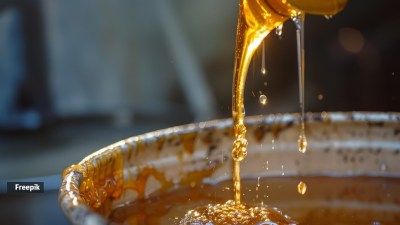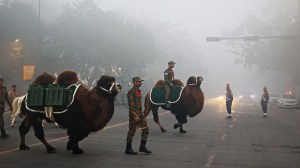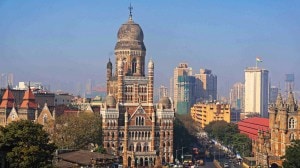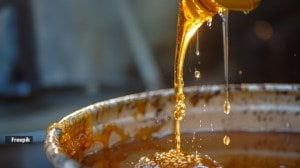Talks start amid protests
The United States and Britain today began talks on reshaping Iraq against the backdrop of protests and a boycott. While the Iraqi factions a...

The United States and Britain today began talks on reshaping Iraq against the backdrop of protests and a boycott. While the Iraqi factions and the coalition leaders sat to talk peace and future at Tallil Airbase, Washington continued to indicate to Syria that the war was not over.
The Iraqi religious and political leaders who met at a makeshift US air base beside the ancient Mesopotamian city of Ur, agreed to meet again in 10 days, according to a statement published on the website of the US Central Command. The 13-point statement, approved by consensus according to one group that attended, advocated a federal democracy and the dissolution of Saddam Hussein8217;s Baath party.
But the meeting, which spurred protests by crowds denouncing any form of American rule, raised more questions than answers in a country split along ethnic, religious and political lines.
In Nassiriya, Shia groups staged an angry protest against US-sponsored Iraqi leader Ahmed Chalabi chanting 8216;8216;No, no Chalabi8217;8217;. 8216;8216;He came with America to control our country. We don8217;t know Chalabi. We want someone who knows us,8217;8217; the mob shouted. The protest echoed a much larger rally earlier in the day through the township, which was attended by an estimated 20,000 people.
Chalabi, eager to ward off charges that he was an American stooge, didn8217;t attend today8217;s meeting at Ur today. His representative attended the meeting, which was boycotted by the biggest Shia group, the Iran-based Supreme Council for Islamic Revolution in Iraq. 8216;8216;We cannot be part of a process which is under an American General,8217;8217; a spokesman for the group said, explaining its boycott.
But the war8217;s new directions sent chilling reminders to Iraq8217;s neighbour, Syria. The White House todaycalled it a 8216;8216;rogue nation8221; and a 8220;terrorist state,8221; and Press Secretary Ari Fleischer reiterated President George W Bush8217;s blunt warning that 8216;8216;Syria needs to cooperate.8217;8217;
Fleischer said the White House has two major concerns 8212; Iraq8217;s arsenal of weapons of mass destruction may have been moved across the border to Syria, and that Syria may be harbouring Baath party leaders.
Meanwhile, a former chief of Iran8217;s Revolutionary Guards said Tehran will not remain neutral if America attacked its ally Syria, but ruled out military strikes against US forces. 8216;8216;We will not be neutral if the US attacks Syria. We will not engage in military confrontation with the Americans but will employ all our nonmilitary facilities to prevent such an attack or to support Syria,8217;8217; Mohsen Rezaei told a press conference today without elaborating.
US Defence Secretary Donald Rumsfeld had accused Damascus of testing chemical weapons in the last 12 to 15 months and of harbouring Saddam8217;s top associates. He said US military forces had shut off a pipeline taking 8216;8216;illegal oil8217;8217; from Iraq to Syria. Oil industry sources had said Iraq and Syria were violating UN sanctions by exporting from 100,000 to 150,000 barrels per day of crude oil in the pipeline.
Secretary of State Colin Powell had warned of possible diplomatic or economic sanctions but said on Tuesday the United States had no 8216;8216;war plan8217;8217; to attack Syria, Iran or other nations.
A statement by Syria8217;s Cabinet branded the US charges against it as 8216;8216;threats and falsifications8217;8217;, said they had been made for the benefit of Israel, and demanded an end to the 8216;8216;American-British occupation of Iraq8217;8217;.
- 01
- 02
- 03
- 04
- 05































